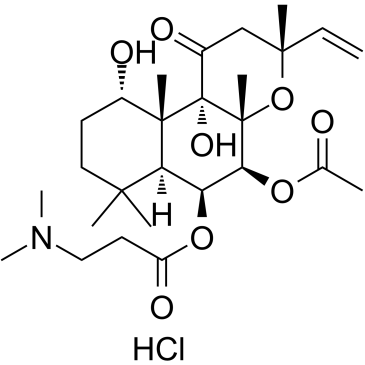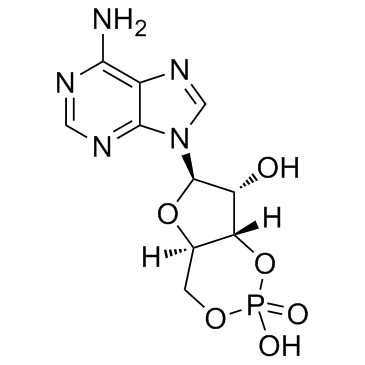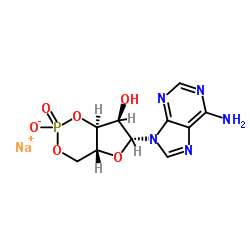| Structure | Name/CAS No. | Articles |
|---|---|---|
 |
NKH477
CAS:138605-00-2 |
|
 |
Adenosine cyclophosphate
CAS:60-92-4 |
|
 |
camp sodium salt
CAS:37839-81-9 |